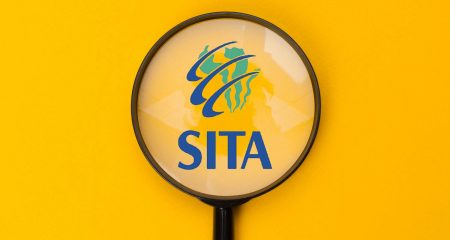 The recently released draft regulation policy of the Film & Publication Board (FPB), published in terms of Section 4A of the Films and Publications Act, may be well-intentioned, but it will have unintended consequences regarding freedom of speech in South Africa.
The recently released draft regulation policy of the Film & Publication Board (FPB), published in terms of Section 4A of the Films and Publications Act, may be well-intentioned, but it will have unintended consequences regarding freedom of speech in South Africa.
The purpose of the policy is to create a uniform system of classification and monitoring of all major types of multimedia content distributed within South Africa, regardless of the format or platform for dissemination.
The underlying reasons for implementing such a policy include ensuring that children are prevented from being exposed to harmful content, especially online, and facilitating a uniform classification for all multimedia content. Although the intention behind this policy is to be welcomed, the practical reality is that there is a very low likelihood that it will be passed in its current form.
There has been growing opposition to the policy since its publication. There is a high likelihood that it will be passed in another form, but the timing of the enactment of this policy is currently unknown.
The FPB has also proposed the implementation of a classification licence fee, which would be payable by all multimedia users and distributors whenever distributing content throughout South Africa. The intention of this is to uniformly classify all multimedia content and at the same time monitor the distribution of content and remove any information deemed noncompliant by the board.
But the desire to impose fees on content distributors would mean that an individual’s right to freedom of expression is effectively applied on a conditional basis. Although the FPB has stated clearly that all distributors would be equally subject to the draft policy, and that all distributors would have to be equally compliant, this cannot be practically achieved within the current framework. In addition, the targets of criminal punishment for distribution that the FPB deem to be noncompliant could include the distributor, the Internet service provider and the online platform administrator.
The regulation would also apply to an individual’s distribution of personal content on social media platforms such as Facebook and Twitter, due to these actions rendering the user a “distributor”. This is because the definitions provided in the policy are exceptionally vague and therefore pertain to the regulation of any uploaded multimedia content, on any platform, by any user. The policy is therefore applicable to all users of social media or any online platform that facilitates the distribution of content.
Although the FPB has assured the public that the policy intends to focus only on industrial or commercial distributors of multimedia, its wording is not currently designed with such controls.

If the draft policy is imposed, South Africa’s law enforcement processes and capabilities are unlikely to be able to manage the imposition of the related sanctions. The enforcement authorities will only have the capabilities and/or desire to enforce against bigger or more established distributors due to their permanence and financial ability to pay for classifications and fines.
Enforcement of such broadly infringing multimedia content would be practically impossible due to the high speed and exponential spread of content of this nature, with the result that only a fraction of transgressors would ever realistically face charges.
The concern does not lie within the policy itself, but rather in the broad definitions the policy uses. The US may require media classification and live monitoring of content but, in comparison, these underlying laws are highly detailed and well designed. At this stage, further clarity is required around South Africa’s proposed policy.
In addition, US agencies which conduct live monitoring of content are well equipped with comprehensive, state-of-the-art enforcement and compliance systems.
- Darryl Bernstein is partner in dispute resolution at Baker & McKenzie South Africa




